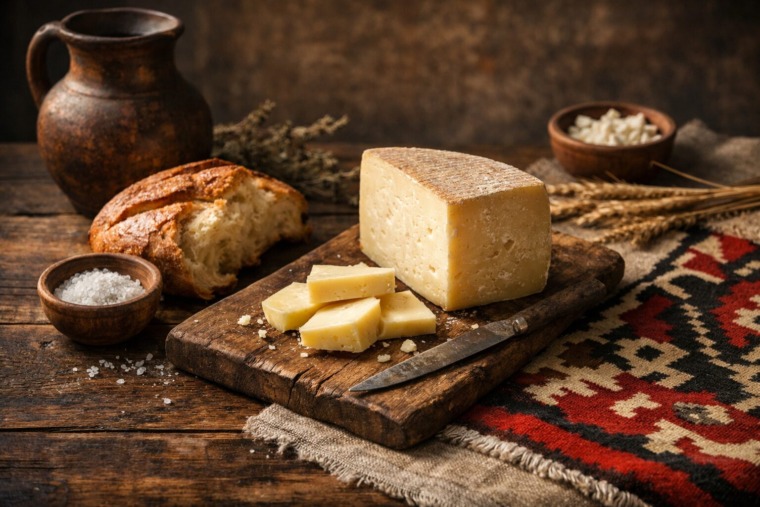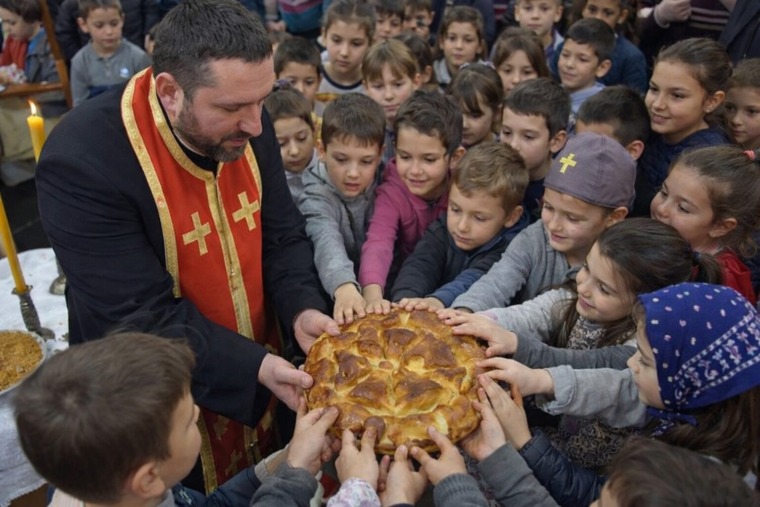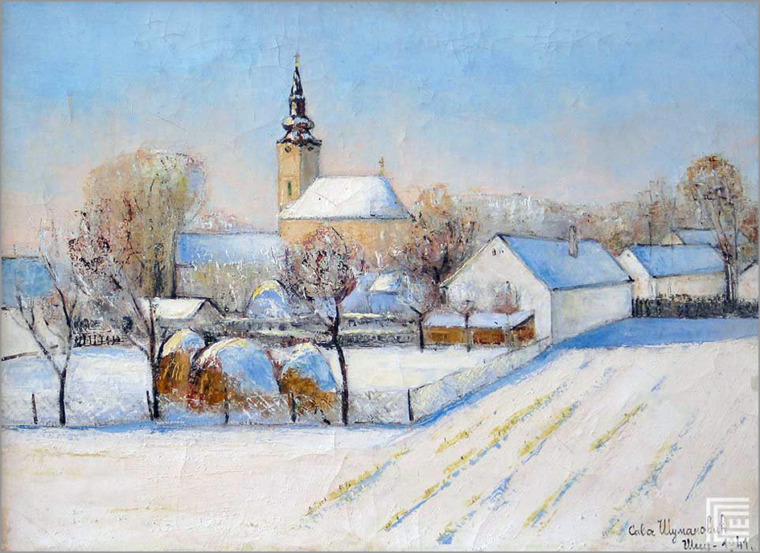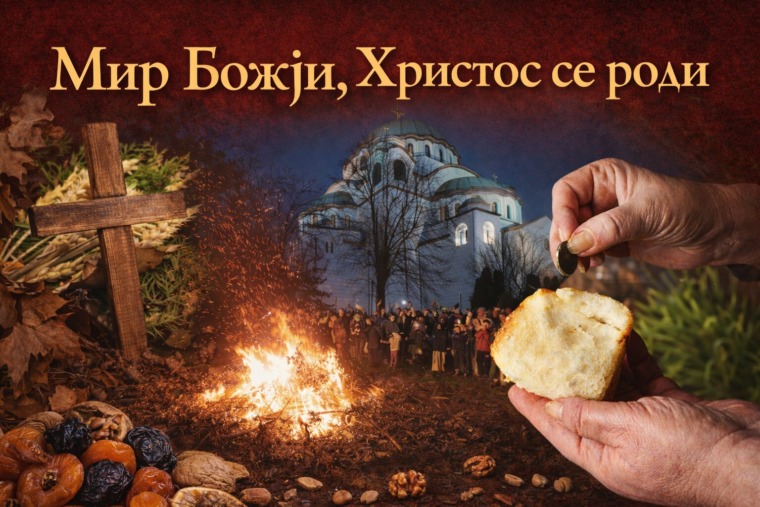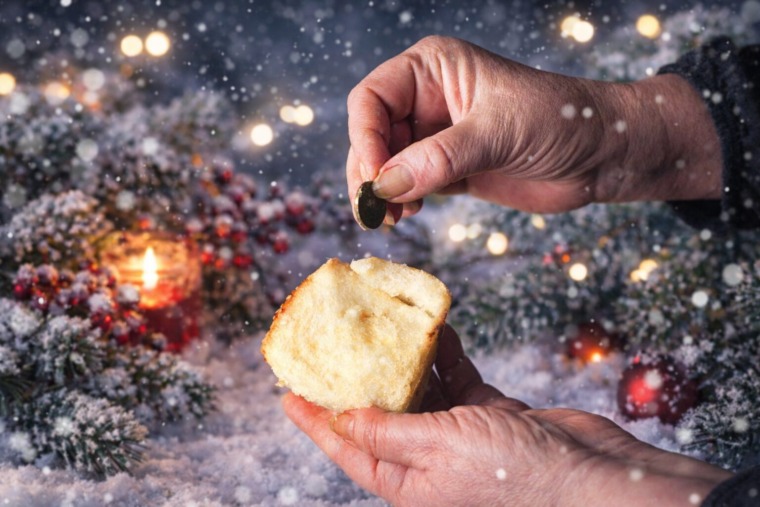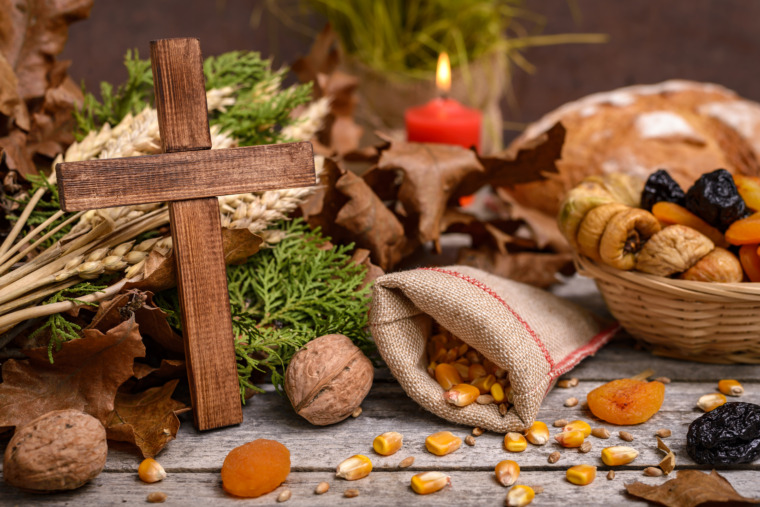
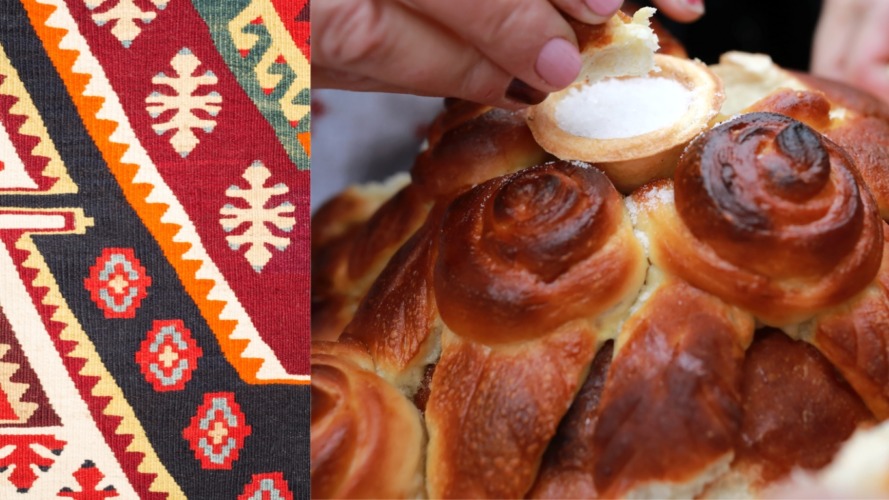
If there is one gesture that best reflects Serbian warmth and hospitality, it is the ritual of welcoming guests with bread and salt. Simple yet deeply symbolic, a piece of bread dipped in salt speaks more than a thousand words. It is not just food – it is a universal language of respect and friendship, a way of saying: “You are safe here, you are among friends.”
Historical roots of the custom
The tradition of greeting with bread and salt exists throughout Slavic cultures, but in Serbia, it carries a particularly profound meaning.
Bread has always been more than mere nourishment – it was considered sacred. It was never wasted, and in many cases, it was blessed or used in rituals for holidays, weddings, and family celebrations.
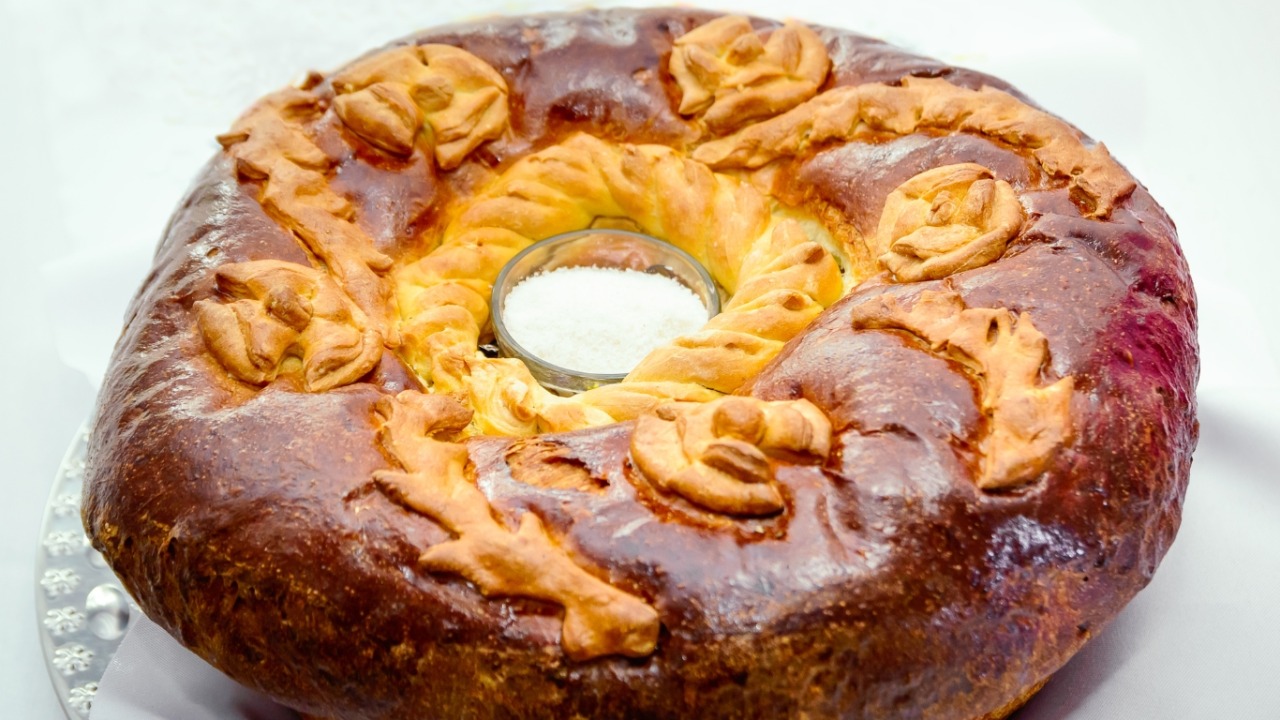
Pogača, a round homemade bread, was the centerpiece of many important moments in life. Salt, on the other hand, was once a rarity, valued like gold, and symbolized purity, eternity, and permanence. Together, bread and salt created the perfect expression of hospitality: offering a guest the very essence of life.
How does the ritual look?
When guests arrive, the host brings out a pogača – round, golden-brown, fragrant bread, sometimes decorated with braids and floral motifs made of dough. In the center of the table, there is always a small bowl of salt. The guest tears off a piece of bread, dips it into the salt, and eats it.
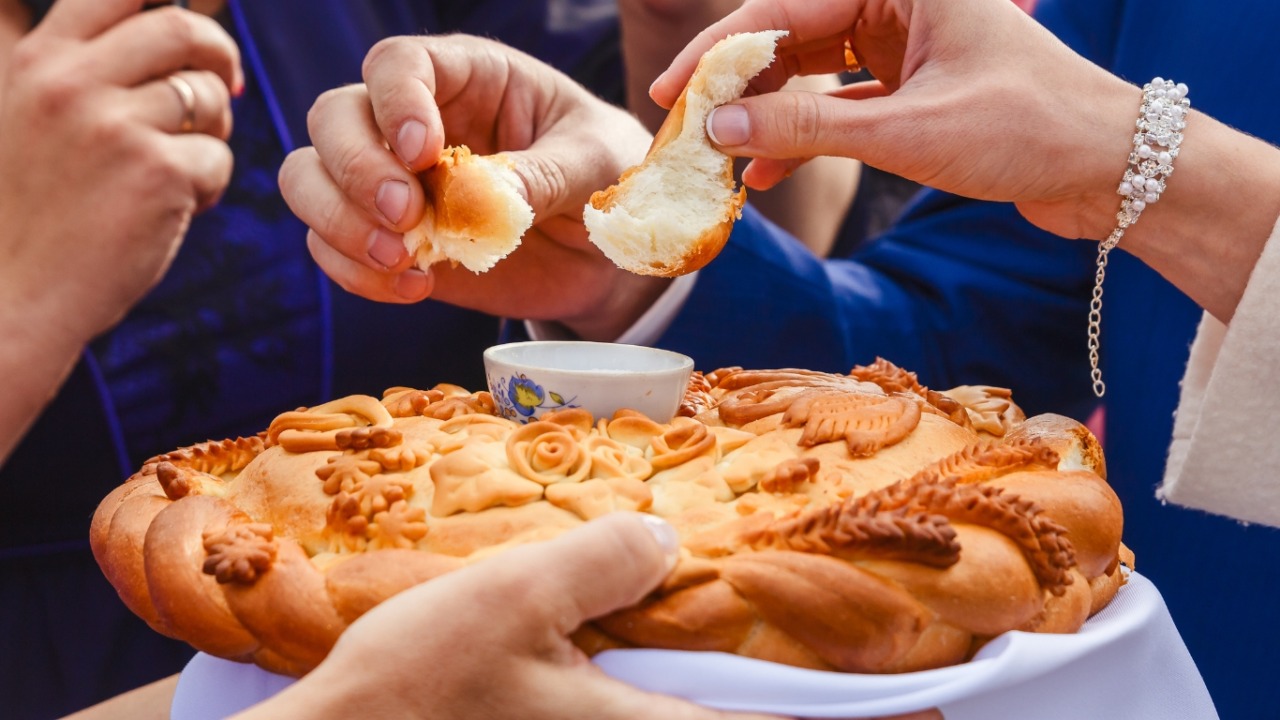
This act symbolizes not only acceptance of hospitality but also entry into a bond of trust and friendship with the host.
Bread and salt at festive occasions
The ritual is especially cherished during important celebrations. When newlyweds arrive at their home, they are greeted with bread and salt so that their marriage may be strong and lasting. When moving into a new house, this welcome ensures happiness and prosperity. Also, at many traditional Serbian weddings, the bride and groom – as well as the guests – are welcomed with bread and salt.
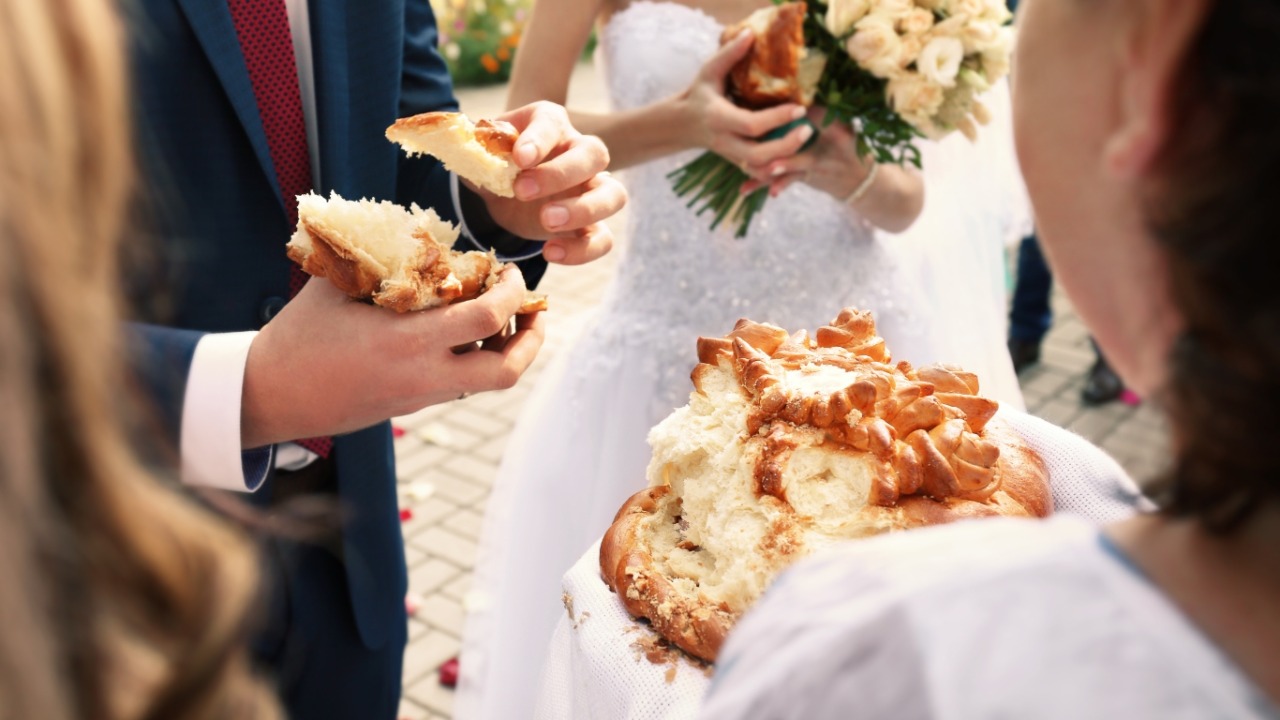
Even today, when Serbia greets foreign leaders and delegations, this centuries-old custom is often chosen – because nothing speaks more clearly about Serbian culture than the warmth of bread and salt.
More than food – a symbol of unity
Bread and salt are far more than nourishment. They are symbols of togetherness, respect, and belonging. The first bite taken by a guest carries meaning: the host promises warmth and safety, while the guest accepts with gratitude. It is a simple, timeless message – that the most precious things in life are those we share: bread, time, and friendship.
Hospitality as the essence of the Serbian spirit
In Serbia, there is a saying: “Where bread and salt are shared, souls are connected.” That is why this ritual still lives on. A guest is never just a visitor – they are, for a moment, family. The tradition of greeting with bread and salt continues to remind us that the Serbian spirit is rooted in generosity, open hearts, and the willingness to share even the most modest of gifts.

